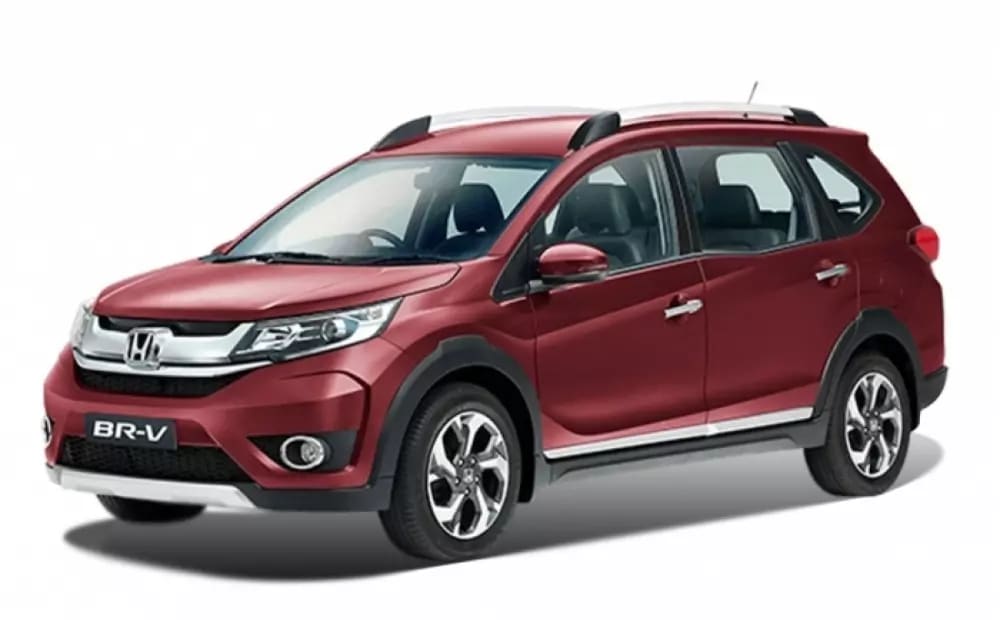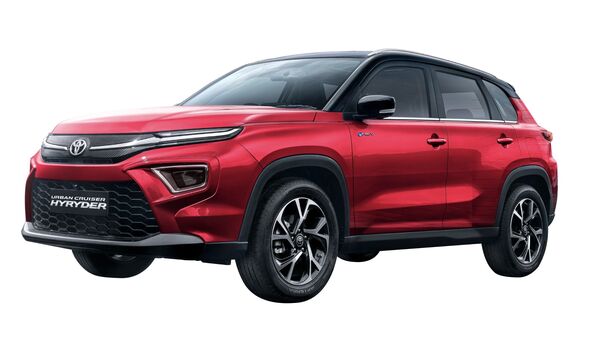
Honda India recalls over 92,000 old and new cars to replace faulty fuel pump
5 months ago | 5 Views
Honda Cars India (HCIL) has issued a voluntary recall to replace the fuel pump in 90,468 cars. The automaker said the campaign will additionally cover 2,204 units of old models, which have undergone this part change earlier as a spare part. The recall campaign affects all major models from the automaker, new and discontinued, including the Honda City, Amaze, Brio, BR-V, WR-V, Jazz, and Accord. The new Honda Elevate as well as the older Mobilio are not part of the campaign.
Honda Fuel Pump Recall
The preventive recall campaign affects cars manufactured between September 2017 and June 2018. Honda says the fuel pumps installed may contain defective impellers, which could, over time result in engine stopping or not starting. The automaker will carry out the replacement free of cost at Honda India’s dealerships across the country in a phased manner starting from November 5, 2024. The owners of the affected vehicles will be contacted individually, the carmaker said in a statement.
Customers can also check if their vehicle is a part of the recall by submitting their 17-character alpha-numeric Vehicle Identification Number (VIN) on Honda’s website. Furthermore, customers who may have bought the fuel pump assembly from authorised Honda Cars dealerships over the counter between June 2017 and October 2023 can also get their vehicles checked through Honda Cars dealerships.

Honda Global Fuel Pump Recall
Incidentally, Honda has also issued a recall in the US recently for a fuel leak due to a cracked fuel pump. The recall affects models including the Accord, Civic, and Hybrid models, amounting to a total of 720,810 models being affected. According to the details provided to the National Highway Traffic Safety Administration (NHTSA), the faulty production of high-pressure fuel pumps resulted in cracks and can worsen when the pump is functioning. This can lead to fuel leaks leading to a risk of injury.
Vehicle recalls are a responsible way for manufacturers to handle defects in vehicles. It not only ensures timely replacement of parts but also ensures accountability on the automaker's end for the vehicle sold.





















